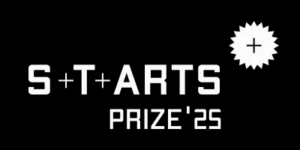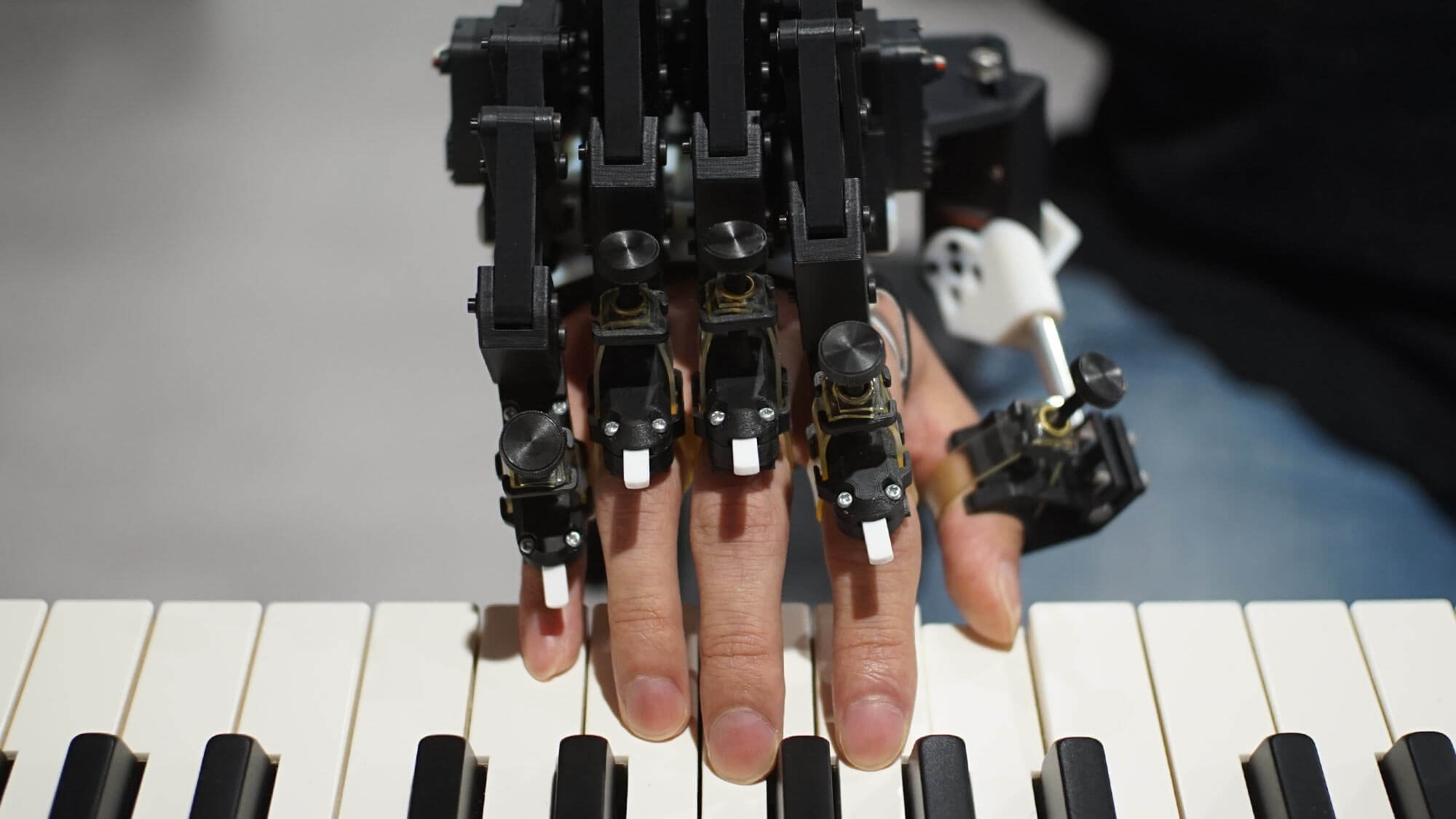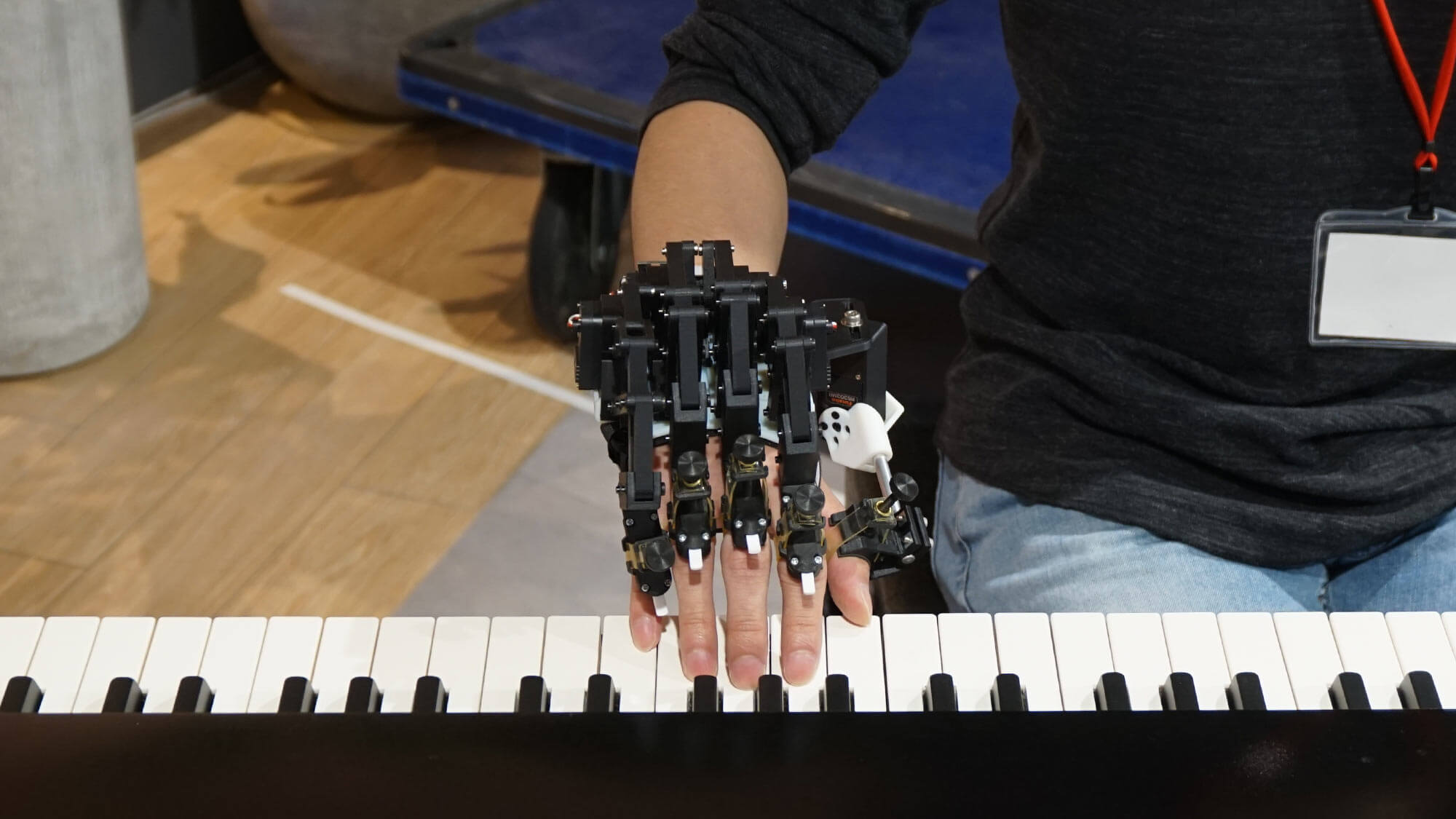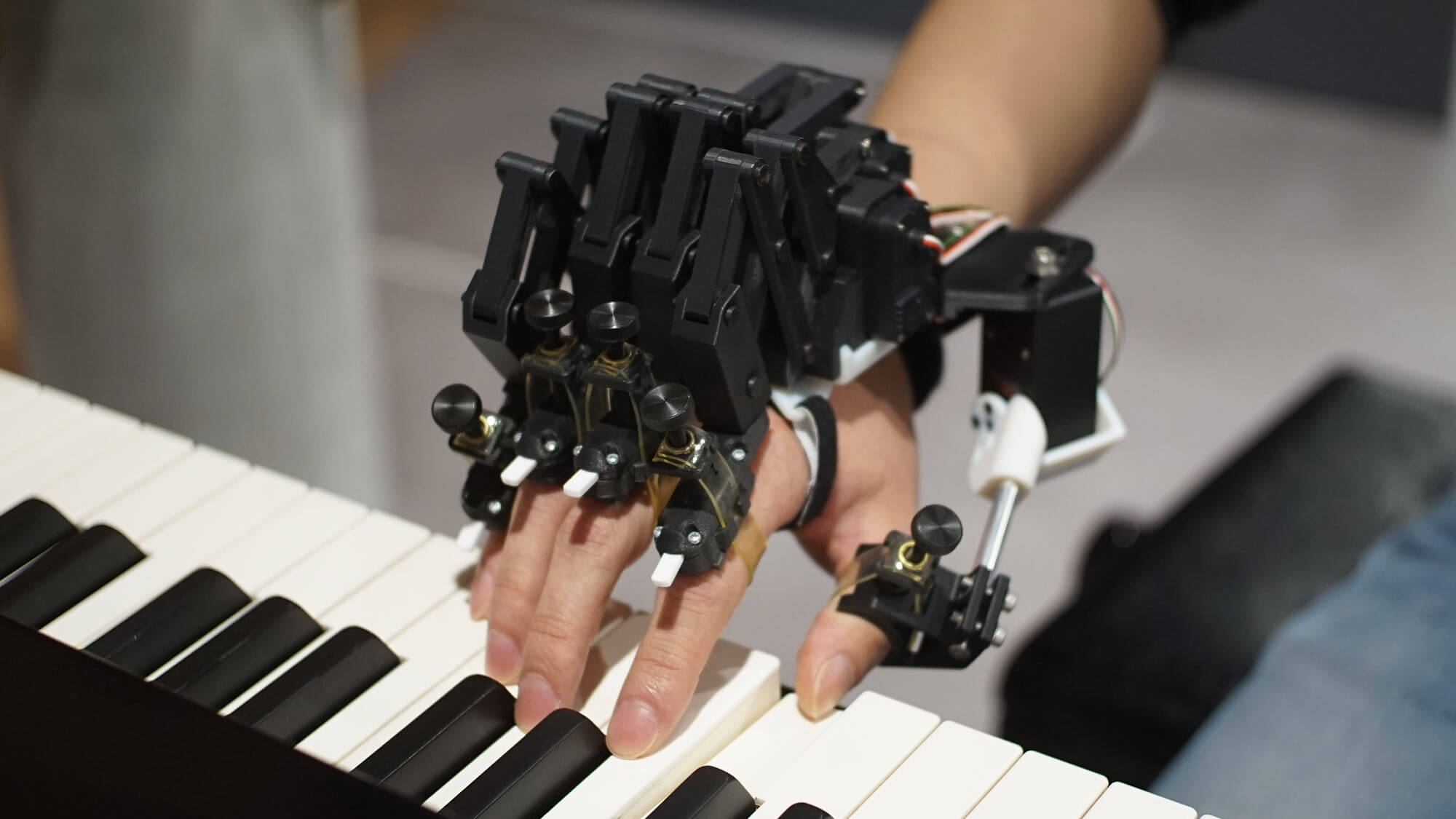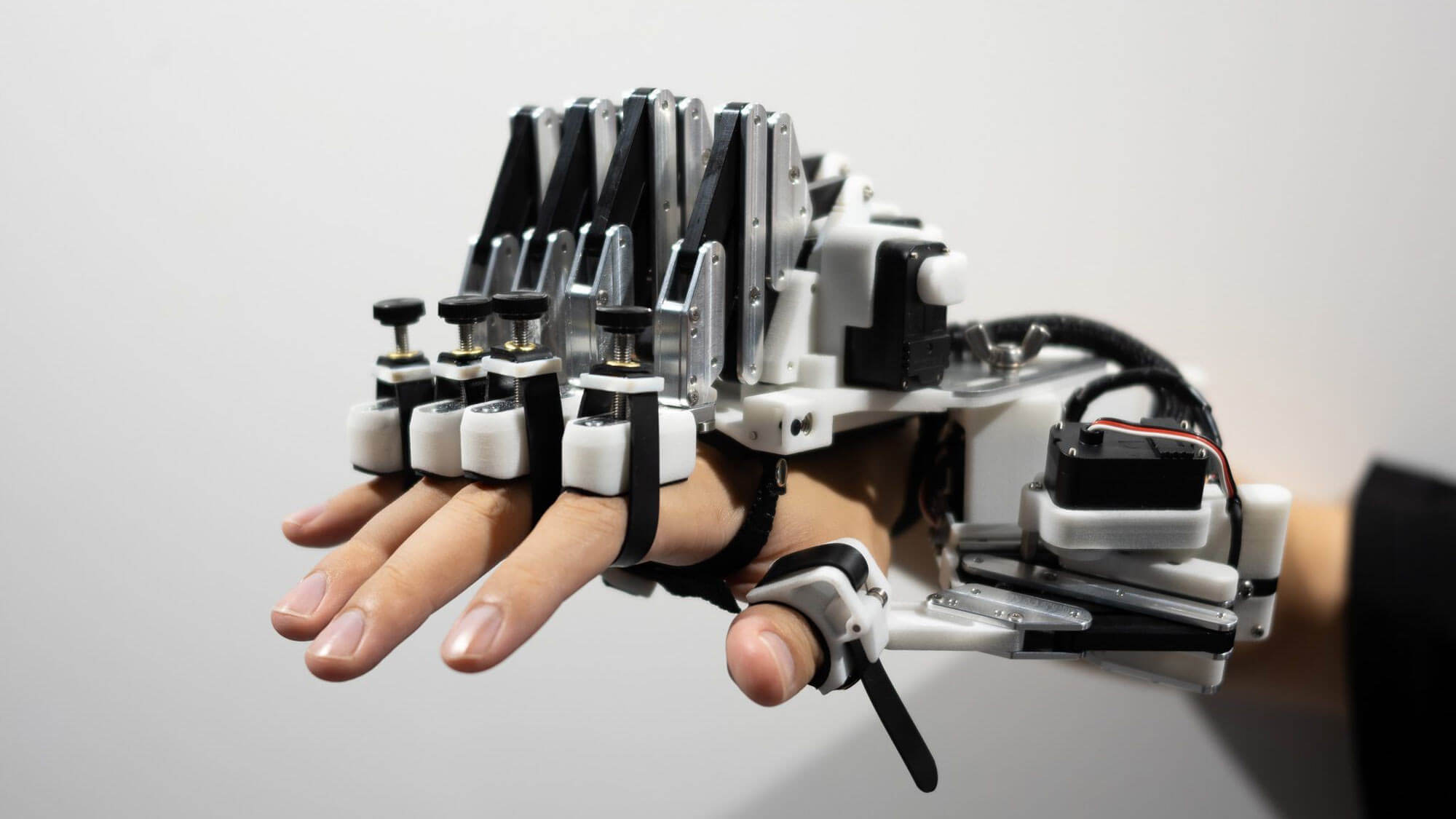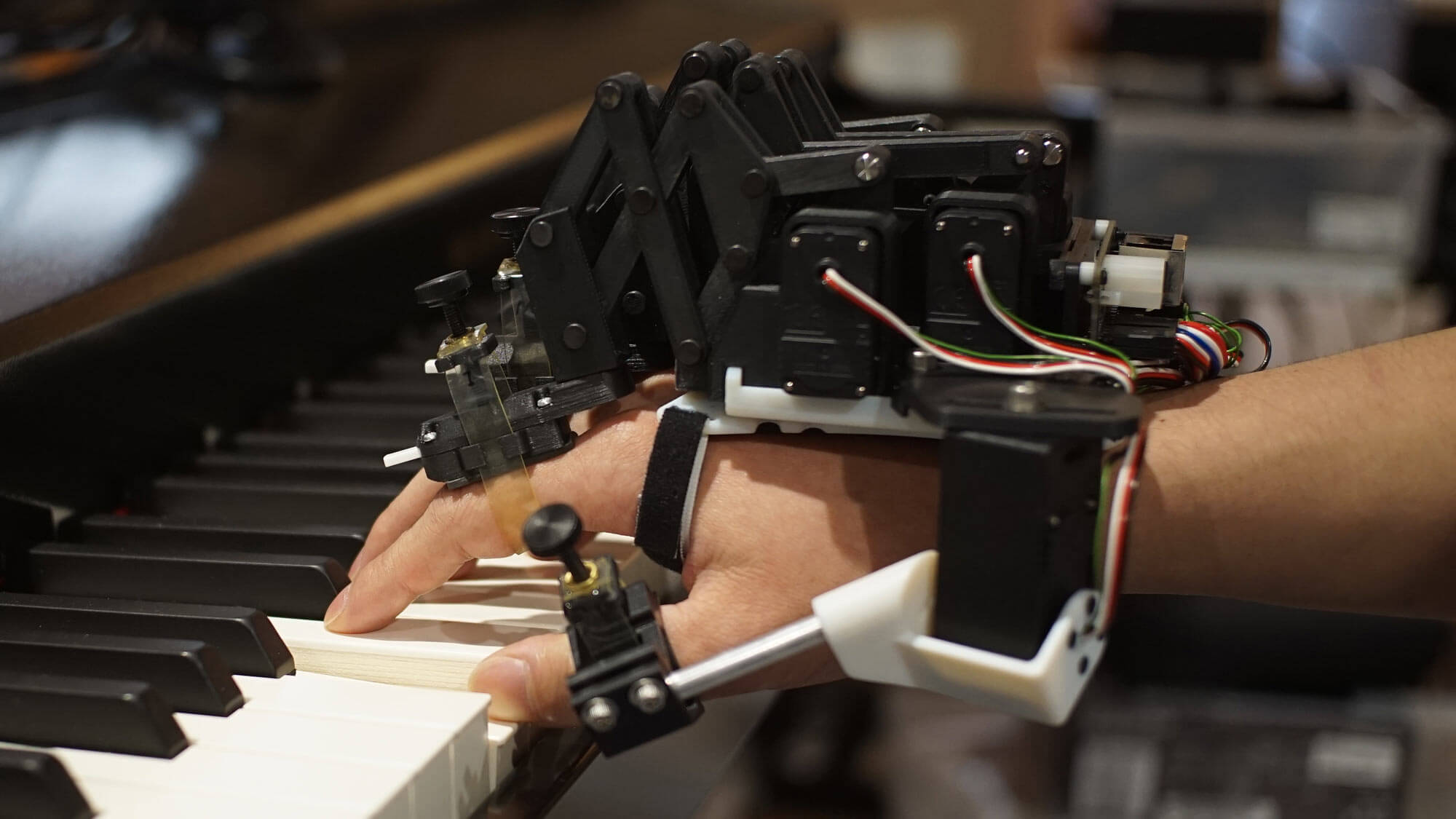Nomination
A challenge commonly encountered by trained individuals—such as athletes and musicians—pertains to the refinement of over-learnt motor skills that have been cultivated through extensive training since childhood. However, the deliberate practice alone may no longer improve experts’ expertise, primarily due to the presence of a performance ceiling—the ceiling effect. Despite this limitation, many continue to rely on deliberate practice as the conventional way to enhance a skill.
By contrast, recent advances in robotics and AI technologies have enabled humans to develop superb abilities that would be impossible without the use of such technologies. However, it remains unknown how augmentation technologies can be used to enable humans to overcome the limitations of their own abilities without using the assistance.
We tested whether passively experiencing motions that have been not experienced could surmount the ceiling effect and enhance the already well-honed skills of experts. We utilized a novel exoskeleton robot attachable to fingers. Pianists were exposed to complex finger movements performed at a speed surpassing their regular pace. This training enhanced the maximum speed of finger movements when performing the already-trained motor skill without the exoskeleton. The untrained hand also exhibited improved motor skills.
Credits
This project was described in a research paper published in Science Robotics.
https://www.science.org/doi/10.1126/scirobotics.adn3802
All credits are given to Sony Computer Science Laboratories Inc.
This study was supported by JST CREST (JPMJCR17A3), JST Moonshot (JPMJMS2012), and JSPS Grant-in-Aid for Transformative Research Areas B (20H05713).
Biography
Shinichi Furuya (JP) is a research director at Sony CSL. After studying at Osaka University, he worked at the University of Minnesota and HMTM Hannover. He received a Postdoctoral Fellowship at Alexander von Humboldt Foundation, a Heisenberg fellowship at the German Research Foundation (DFG), and the Susanne Klein-Vogelbach Prize for Research on Human Movement. His research goal is to support musicians to overcome their musical expertise limitations and to prevent injuries through musical practice. He provides evidence-based physical training and technological support for musicians in various countries.
